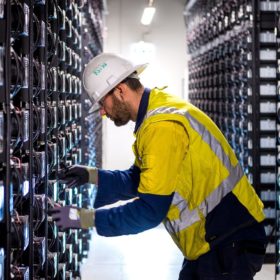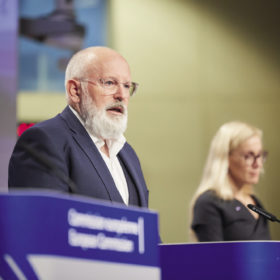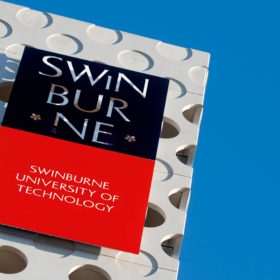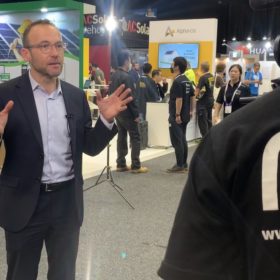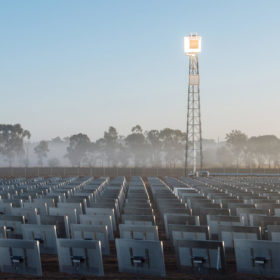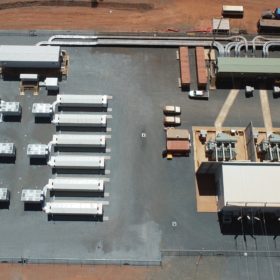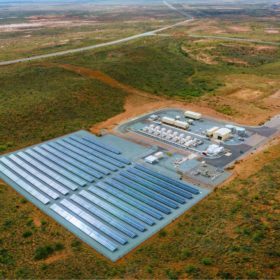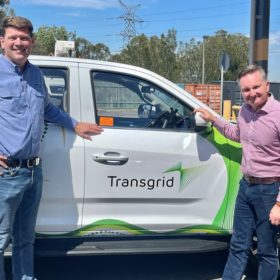Crying over spilled solar – how much can a battery help?
With energy storage critical to the future of sustainable energy, Cornwall Insight Australia Energy Consultant Con Dimitrakakis examines how operators can optimise the trading profit of a solar-storage hybrid system when wholesale market prices are low and solar energy generation is high.
PVH pushes ahead with 1 GW of large-scale solar supply contracts
Spanish company PV Hardware has enjoyed its most successful year in the Australian market with the company commencing construction on more than 1 GW of utility scale projects in 2022 and the cleantech manufacturer believes the best is yet to come.
Europe introduces new green hydrogen rules
The European Commission has presented the final version of its new rules for green hydrogen, with looser requirements to qualify hydrogen as “green.”
Industry and academia combine to develop energy transition hub
German industrial giant Siemens has partnered with Swinburne University of Technology to develop a future grid mapping “energy transition hub.” The project seeks to accelerate the transition to renewable energies by bringing research and industry together while also serving as a learning tool for Swinburne students.
Greens to back climate policy under one condition
The Greens will back the government’s hallmark Safeguard Mechanism policy reforms, but only if the government agrees to a moratorium on new coal or gas projects. The Greens hold the balance of power on the policy’s fate and their resolution has sparked fears that Australia could see a repeat of the dreaded climate wars.
Australian solar thermal company to list in New York following deal with world’s largest oil contractor
Australian concentrated solar thermal company Vast Solar has struck a deal with the world’s largest oil drilling contractor, Nabors Industries, announcing it will go public via the partnership and expects to list on the New York Stock Exchange midyear.
42 MW of big batteries come online to support Fortescue’s Pilbara operations
Western Australia-based Hybrid Systems Australia has commissioned 42 MW of interconnected battery storage for two Fortescue mine sites in the Pilbara region, noting the installation is one of the largest for a mining application.
Battery in WA resort town seeks to increase regional solar hosting capacity
Western Australia’s regional utility Horizon Power has installed a battery system in Exmouth on the state’s northern coast, unlocking 2 MW of solar hosting capacity. The installation is one of nine batteries being installed by the utility across the state and is arguably a more effective rendition of a “community battery.”
Australia regretting belated transition as IRA sparks global race for renewables
When US President Joe Biden signed the $500 billion (USD 369 billion) Inflation Reduction Act into law in August 2022, it was lauded as the most significant policy the world has yet seen to combat climate change and drive the transition to renewable energies. However, some international critics and competitors claim the landmark bill thwarts their slow-burning ambitions to foster green manufacturing at home. As governments scramble to respond to the scale of the IRA, Australia is one country realising it may have already been left behind.
Australia’s first electric utes to be trialled by Transgrid
New South Wales network Transgrid has announced it will trial the first dual-cab electric ute released in Australia.
